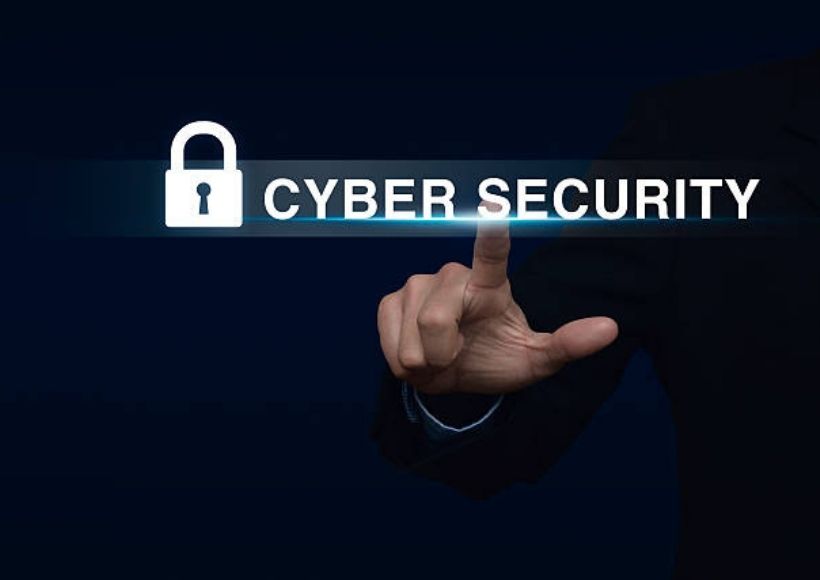6 Cybersecurity Options To Protect Your Company

The increasing frequency and sophistication of cyber threats pose a significant challenge to businesses of all sizes. To safeguard your company’s sensitive data and maintain the trust of your clients, investing in robust cybersecurity measures is imperative. Here are six cybersecurity options that can help fortify your company’s defences:
Firewall Protection
Implementing a robust firewall is the first line of defence against cyber threats. Firewalls act as a barrier between your internal network and the external world, monitoring and handling incoming and outgoing network traffic. Next-generation firewalls go beyond traditional ones by incorporating advanced threat detection mechanisms, intrusion prevention systems, and application-layer filtering. By investing in a powerful firewall, you can significantly reduce the risk of unauthorized access and protect your company’s critical assets.
Antivirus and Antimalware Solutions
Deploying reputable antivirus and antimalware solutions is essential for detecting and neutralizing malicious software. These tools continuously scan files, emails, and other digital assets for known patterns associated with malware. Regular updates and real-time scanning capabilities are crucial to staying ahead of evolving threats. Investing in a comprehensive antivirus suite helps protect your company’s devices from viruses, worms, Trojans, and other types of malware.
Employee Training and Awareness
Human error remains a prevalent factor in cybersecurity breaches. Educating employees about cybersecurity best practices is as crucial as implementing technical solutions. Conduct regular training sessions to raise awareness about phishing attacks, social engineering tactics, and the importance of strong passwords. Encourage a security-conscious culture within your organization, emphasizing the role each employee plays in maintaining a secure digital environment.
Multi-Factor Authentication (MFA)
Strengthen your company’s access controls by implementing multi-factor authentication. MFA adds an extra layer of security by requiring users to verify their identity through multiple authentication methods, such as passwords, biometrics, or security tokens. Even if an attacker manages to obtain login credentials, they would still face an additional barrier, significantly reducing the risk of unauthorized access.
Data Encryption
Securing sensitive data is paramount, especially during transmission and storage. Implement end-to-end encryption to protect data as it travels between devices and networks. Additionally, encrypting data at rest ensures that even if unauthorized access occurs, the information remains unintelligible without the proper decryption key. This approach is vital for safeguarding customer information, financial records, and other confidential data.
Regular Security Audits and Penetration Testing
Periodic security audits and penetration testing are proactive measures to identify vulnerabilities within your company’s systems. Regularly assess your network, applications, and infrastructure for potential weaknesses. Penetration testing involves simulating cyberattacks to evaluate how well your defences can withstand real-world threats. By identifying and addressing vulnerabilities promptly, you can stay one step ahead of cybercriminals and ensure the ongoing resilience of your cybersecurity infrastructure.
Conclusion
Safeguarding your company from cyber threats requires a multifaceted approach that combines technical solutions with employee education and proactive testing. By investing in firewall protection, antivirus solutions, employee training, multi-factor authentication, data encryption, and regular security audits, you can create a robust cybersecurity framework that significantly reduces the risk of a successful cyberattack. Prioritize cybersecurity to protect your company’s assets, reputation, and the trust of your stakeholders in an increasingly interconnected digital landscape.
Also Read : Cybersecurity Tips To Protect Your Business




